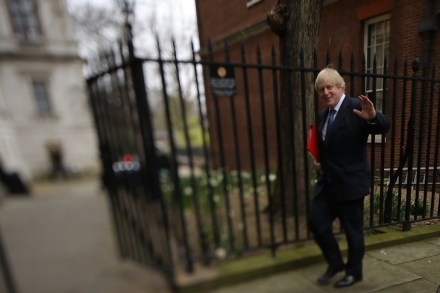My plan for Europe
The European Union has languished and become enfeebled — and we are all to blame. There is a noticeable paucity of ideas and methods. The whole system has capitulated and is at a standstill. Summits bringing together heads of state and of government have become a parody: getting together behind closed doors, repeating lofty principles, changing a word or two in a statement so that it sounds slightly different from the last one. The system is cut off from the world and from real life. What did the Breton farmers I have met in the past few months think? They did not say that they were against Europe, or against




















